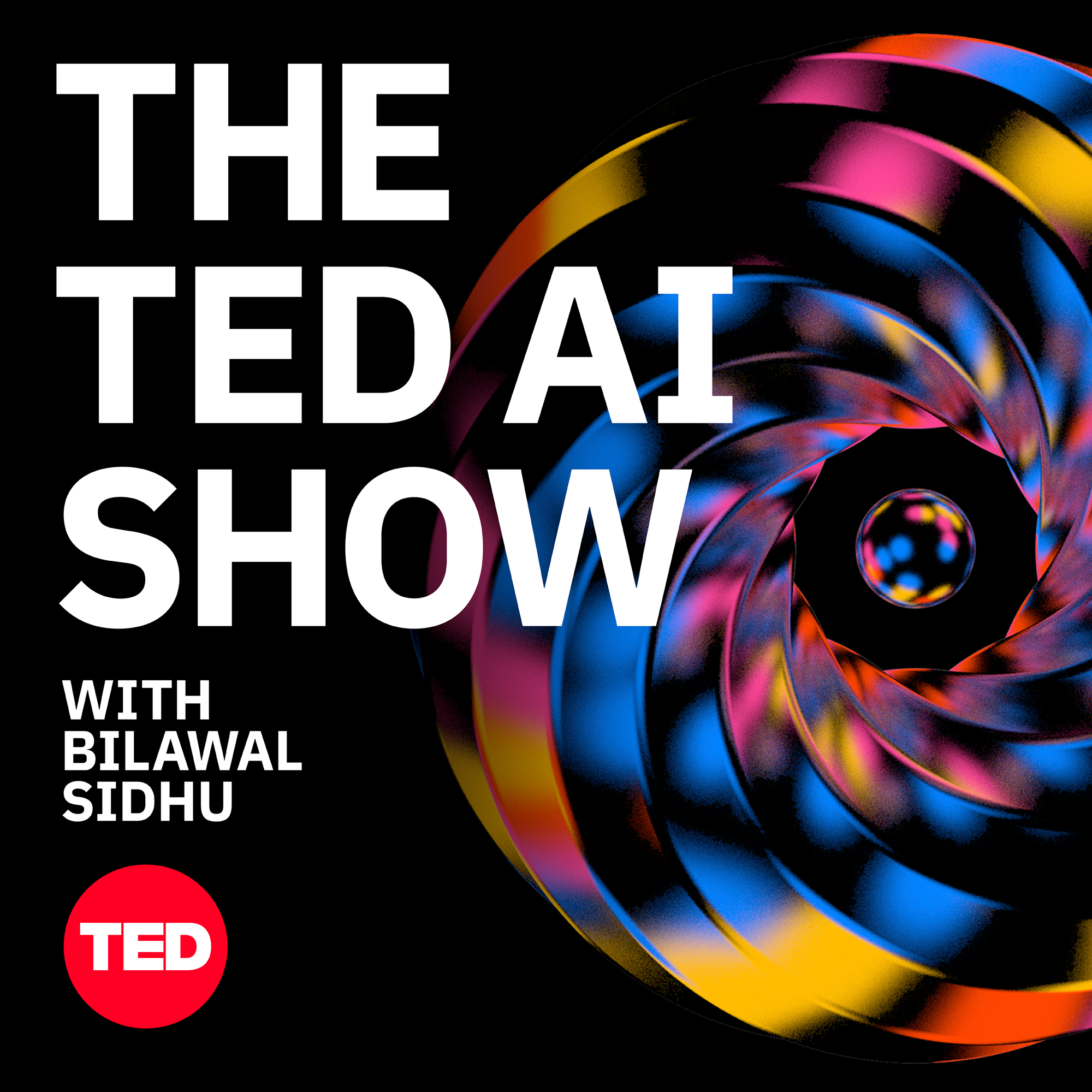
Could AI really achieve consciousness? w/ neuroscientist Anil Seth

The TED AI Show
Deep Dive
Why is Anil Seth concerned about the way we think of AI as conscious?
Anil Seth believes we tend to anthropomorphize AI, projecting human-like traits onto it, which can lead to misunderstandings about its capabilities and diminish our own understanding of human consciousness.
What is the difference between intelligence and consciousness according to Anil Seth?
Intelligence is about doing the right thing at the right time, solving problems flexibly, and can be defined by function. Consciousness, on the other hand, is about subjective experience, the feeling of being aware and experiencing the world, which is not a function but an experience.
Why does Anil Seth think the brain is more complex than the most advanced AI systems?
The human brain has 86 billion neurons with a thousand times more connections, and its architecture is highly intricate and dynamic, with neurotransmitters and glial cells playing significant roles. In contrast, AI systems, while powerful, lack this biological complexity.
How does being embodied give humans an advantage over AI systems?
Human brains evolved to keep the body alive and control movement, working in concert with the body and the environment. This embodied interaction provides a rich feedback loop that AI systems, which are often disembodied, lack.
What does Anil Seth believe is the challenge of AI achieving consciousness?
Seth believes that computation alone may not be sufficient for consciousness. The biological substrate of the brain, with its neurons, neurotransmitters, and embodied interactions, may be essential for consciousness to emerge.
What are the risks of attributing human-like qualities to AI systems?
Attributing consciousness or understanding to AI can lead to mispredictions about its behavior and make us more vulnerable to manipulation. It can also result in a misallocation of moral concern, potentially leading to psychological harm.
What does Anil Seth suggest as a solution to prevent AI from being perceived as conscious?
Seth suggests designing AI systems in a way that minimizes the impression of consciousness, possibly through watermarking or other interface designs that push back against psychological biases, ensuring users maintain a clear understanding of the system's limitations.
What does Anil Seth envision as the future role of AI?
Seth envisions AI as a utility, akin to electricity or water, used in various contexts to solve problems and drive innovation. He believes AI should enhance human capabilities rather than replace them, and its development should be carefully managed to avoid unintended consequences.
Shownotes Transcript
Human brains are often described as computers — machines that are “wired” to make decisions and respond to external stimuli in a way that’s not so different from the artificial intelligence that we increasingly use each day. But the difference between our brains and the computers that drive AI is consciousness – our inner world, defined by experience and awareness. Anil Seth is a professor of cognitive and computational neuroscience at the University of Oxford. He studies human consciousness and he’s concerned about the way we’ve come to think about AI as conscious minds rather than useful tools. Anil and Bilawal sit down to discuss the differences between intelligence and consciousness, the possibility of AI becoming self-aware, and the dangers of assigning human-like traits to our AI assistants. For transcripts for The TED AI Show, visit go.ted.com/TTAIS-transcripts)